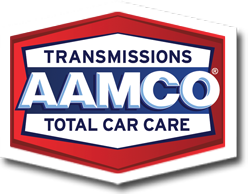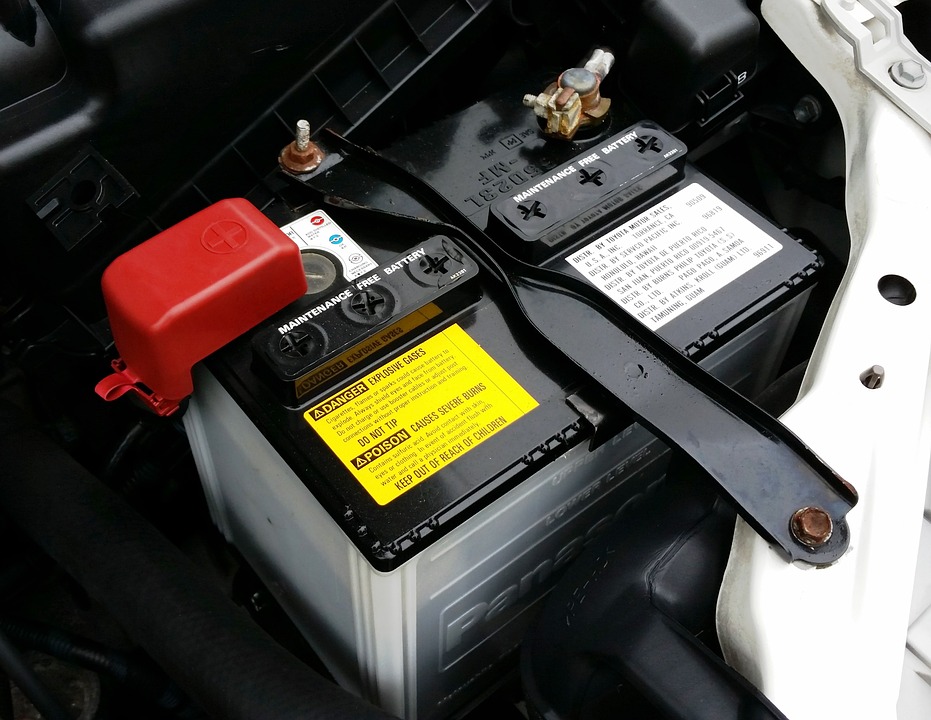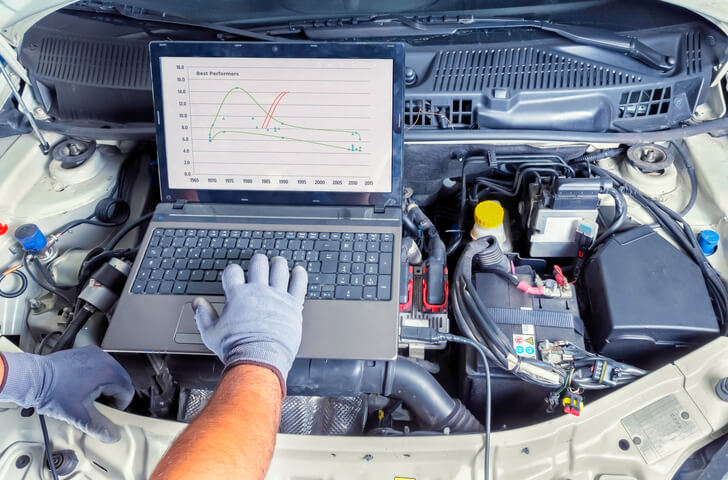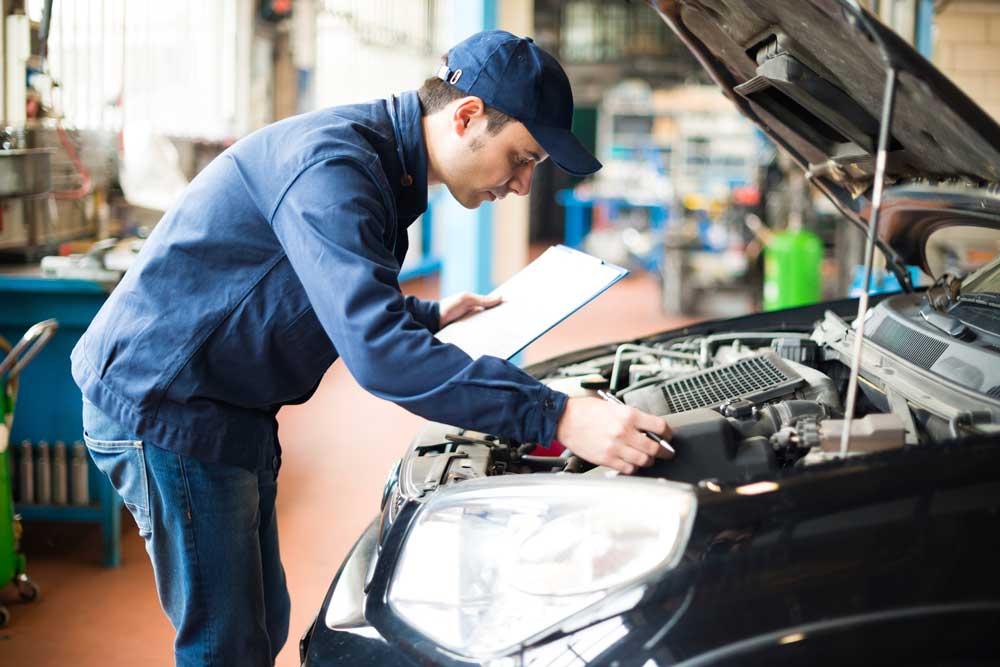A Guide to Common Dashboard Warning Lights
You’re headed home when you notice a different light has shown up on your dashboard. No one is happy to see any dashboard warning light, but what do they all mean? Some are much worse than others, so it’s good to know possible causes for some of the most common warning lights. That way you can be sure to handle the problem and get your car to a mechanic if necessary.
Related: 5 Ways Oil Changes Help
Related: Tips To Keep Your Car In Top Shape
Related: Brake Care Guide
Going The Extra Mile For You
You can safely trust our team to do our part. Not only are we servicing your vehicle, but we’re also making sure to sanitizing and protect your well-being. Drop off your vehicle with us!
Oil Pressure Warning Light
While there are a couple of possible causes for your oil pressure warning light turning on, the most common is low engine oil supply. If this is the case, continuing to drive risks causing major damage to the inside of your engine since proper oil levels are necessary to keep all the moving parts lubricated and working optimally. If you aren’t low on oil, there may also be a problem with your oil pump, which can cause under-circulation of engine oil.
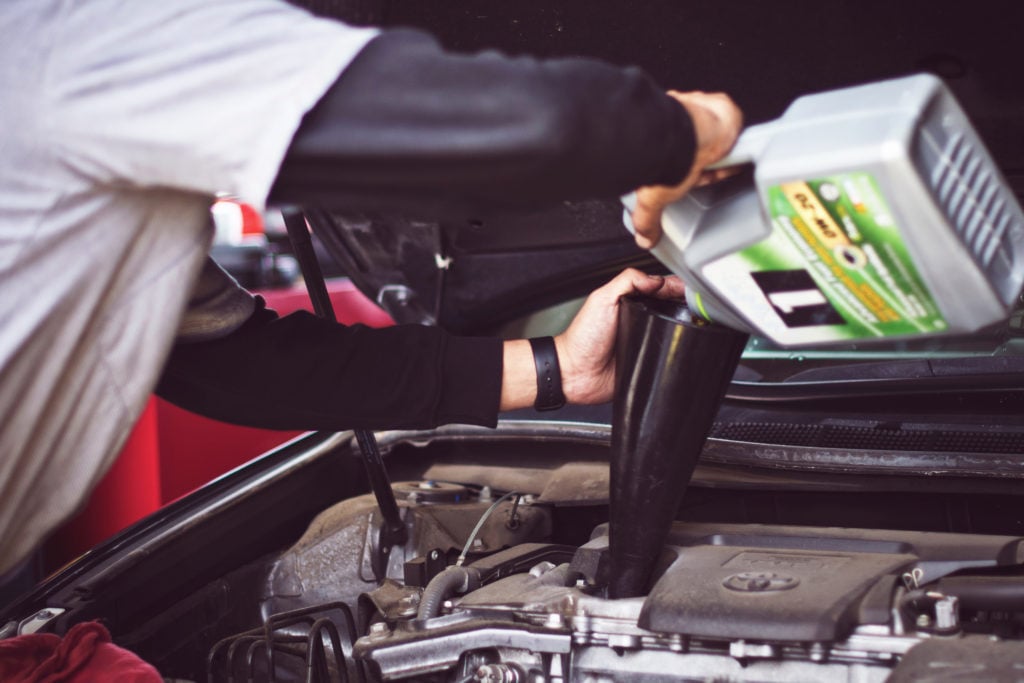
Check for Leaks
The best response to this warning light is to check your oil levels and look under your car for signs of an oil leak. If your dipstick shows adequate levels of oil, you can rule an oil leak out but a car repair appointment with your mechanic is necessary to diagnose and fix the problem. If you do find signs of an oil leak, you can top off your oil so it’s safe to drive, but a mechanic will still have to diagnose and fix the underlying problem.
Tire Pressure Warning Light
As you may have guessed, this light means your tire pressure in one or more tires is either too high or too low. This can easily be triggered by changes in outside temperature. In the winter, you’re likely to see it because of low tire pressure, while summer temperatures and long drives can trigger this light due to high tire pressure. If you see this warning light, you likely don’t need to consult with a mechanic but you should check your tire pressure and make adjustments as necessary according to recommendations in your owner’s manual.
Engine Temperature Warning Light
Simply put, your engine temperature warning light comes on to tell you that your car’s engine is overheating. Many modern cars will also automatically shut off your car before it reaches such a high temperature as to cause major damage. If you see this light come on, you should pull off to the side of the road right away to let your engine cool and look for signs of the cause.
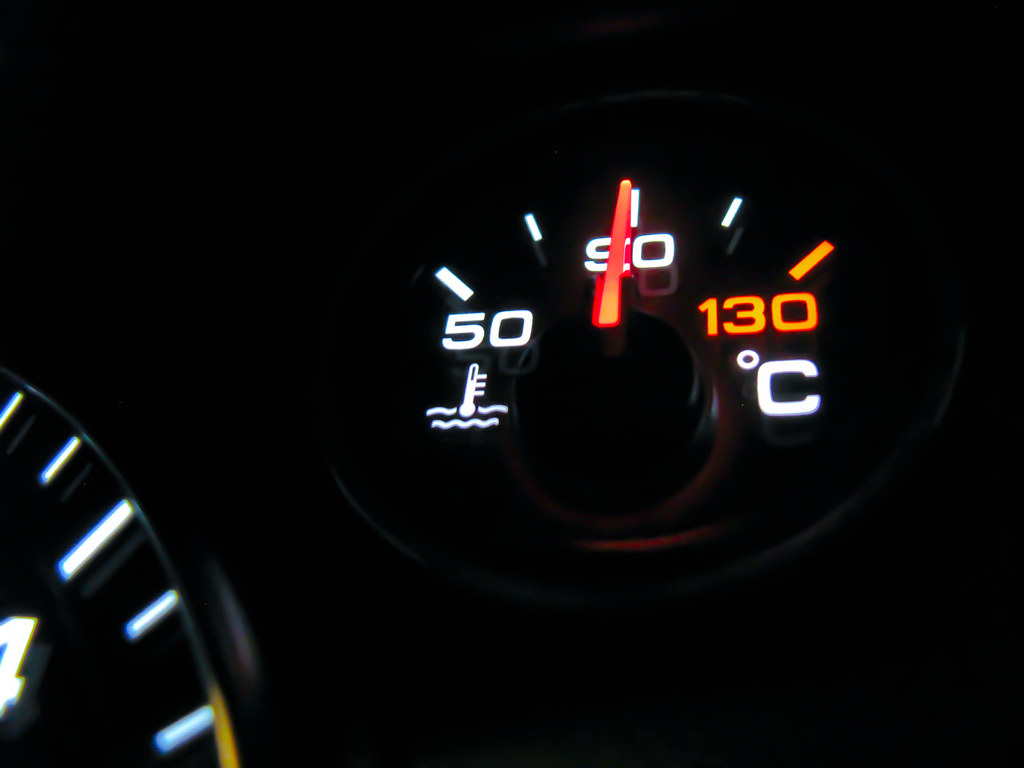
Check Your Coolant Level
The easiest way to cross one possible auto repair off your list is to check your coolant level. Most commonly, an overheating engine is due to inadequate coolant levels, so your cooling system can’t keep up with long drives. If this is the case, you can top off your coolant as a temporary fix but an appointment with your mechanic is still in the near future.
Anti-Lock Brake Warning Light
When you first start your car, your anti-lock brake warning light may come on for a few seconds. However, if it stays on longer than that or comes on while you’re driving, there is likely a problem that should be checked by a mechanic. Your ABS is key to safety while driving, so quickly and accurately diagnosing the problem is important.
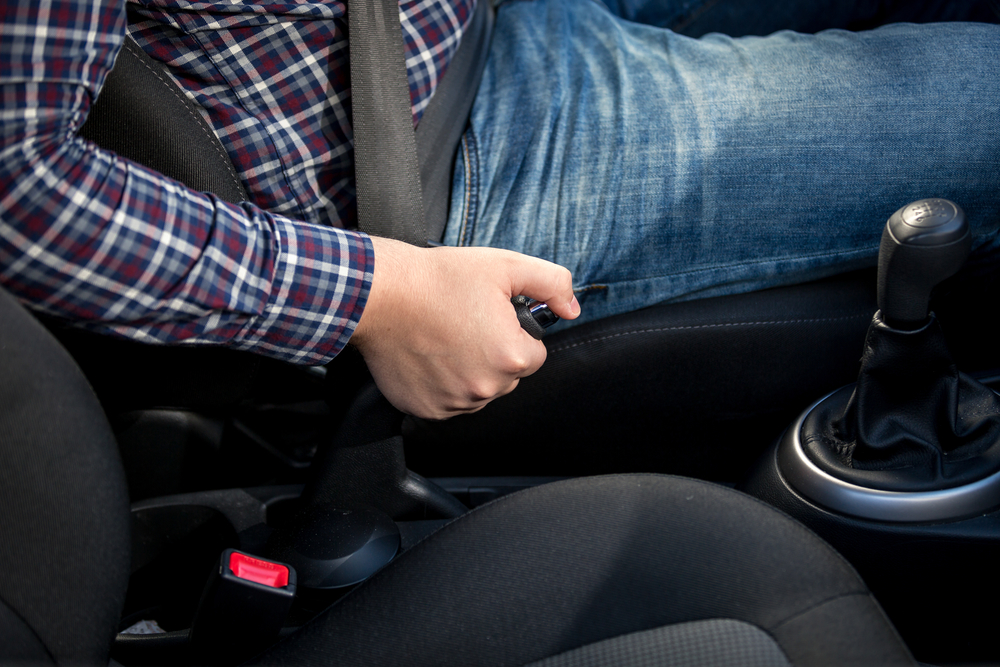
Battery Warning Light
A lesser-known aspect of regular car maintenance is your battery. If your battery alert light comes on, your car has detected a problem with the charging system. When accompanied by flickering or dimmed lights, the problem is likely your battery. Other possible problems that could trigger this light are issues with your alternator or a damaged cable.
Regular Tune-Ups Help
The best way to keep ahead of problems with your battery and charging system is to get regular tune-up services done by a trusted mechanic. Typically, tune-ups will check major systems to detect any early signs of a problem before they leave you stranded or cause bigger car repairs.
Check Engine Light
Any driver dreads seeing their check engine light come on. It’s true it can indicate some necessary and costly repairs but that’s not always the case. If accompanied by your engine temperature light, there’s a major issue causing your engine to overheat and you should pull over. On the other hand, it could be something much simpler, such as a loose gas cap.
Generally speaking, if your check engine light is flashing, you should pull over right away since most cars use that to indicate a serious problem. Regardless of the issue, if the light persists or you notice other symptoms, a mechanic can easily diagnose and repair the issue.
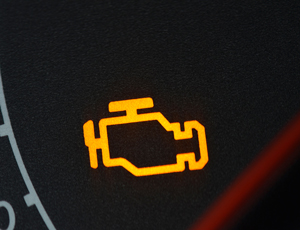
Let AAMCO Louisville Fix the Problem
Whatever dashboard warning light you encounter, our mechanics can help fix the underlying problem. As your trusted source for Louisville auto repair needs, we can run diagnostic tests for any warning light and quickly get it repaired so you can get back on the road safely.
Preventing Car Battery Death – Tips You Need to Know
We all dread that moment your car simply refuses to start. And worst of all, when you are stranded in the middle of nowhere. Most vehicle owners will wait until their battery is dead before they can replace it. According to a recent survey on 1,000 vehicle owners in...
read moreDoes Your Car Manufacturer Maintenance Schedule Really Matter?
What Is A Maintenance Schedule? Every car comes with a recommended maintenance schedule from the manufacturer. If you take a look at your owner’s manual, you’ll find information about all the services you should have done on a regular basis to ensure your car runs...
read moreBasic Car Services & Mileage Intervals
Is Your Car Ready For The Road? As you put miles on your car, there are some basic milestones for proper car care services. Keeping up with regular car maintenance will ensure your car continues to run properly and efficiently and also keeps major auto repairs at bay....
read more